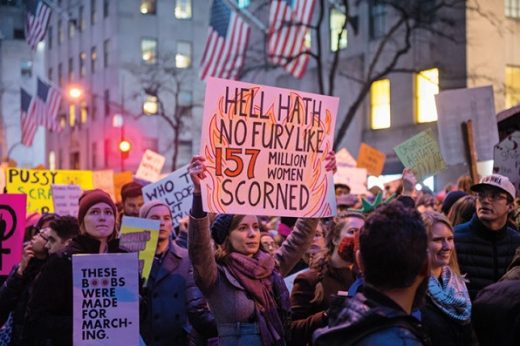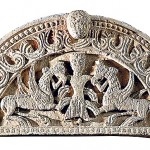100 Years Of Social Justice Warriors Remind Us To Keep Fighting The Good Fight
In the past few years, in the swamps of online discourse, the term “social justice warrior” went from positive to the go-to insult. There is an unmistakable dissonance about the term’s flip from being historically honorific to derogatory, but perhaps it isn’t all that shocking.
We’re taught to believe that all people are truly treated equal, and that everything you achieve is the result of hard work. People like happy endings, but the data-backed reality tells a different story–one in which mass incarceration (which disproportionately affects African Americans) is an extension of slavery, income inequality keeps growing (and it’s worse than we thought), and that the American Dream is dead (especially in the places where it’s most sacred). If everything is fine, who needs to fight for social justice?
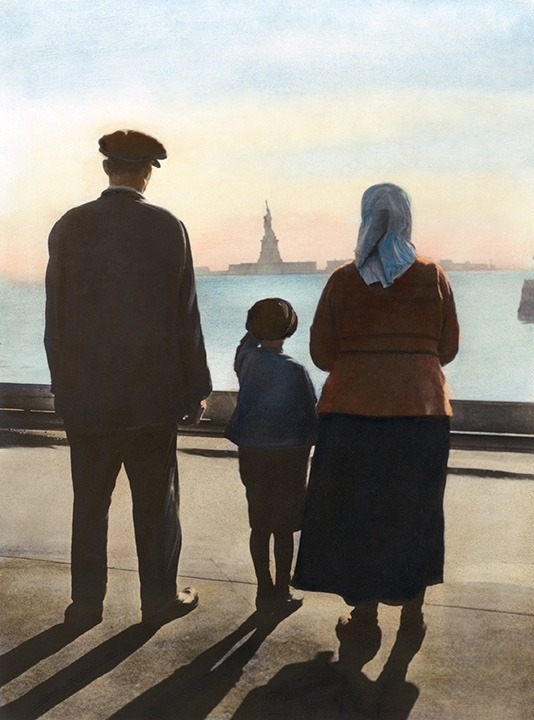
But a new book by New York Times best-selling author Rick Smolan and Jennifer Erwitt serves as a much-needed reminder that fighting for justice is the only thing that’s created progress–and to keep on fighting.
Titled The Good Fight, the book captures not only 100 years of struggle against hatred and discrimination in America, but also reminds us how far we’ve come. Or as Smolan and Anti-Defamation League CEO Jonathan Greenblatt describe it in a letter to readers: “The Good Fight is a visual time machine illustrating many of the courageous struggles that so many Americans have fought to bring us all closer to the ideal enshrined in our Constitution: ‘Freedom for All.’ ”
It opens with 180 powerful photos focused on persistence and resistance, including shots from the Selma to Montgomery march in 1965 and more recent snapshots of Native American water protectors holding their lines on Turtle Island, North Dakota. But it’s not just a bound photo album to let sit on your coffee table. It’s also a guidebook.
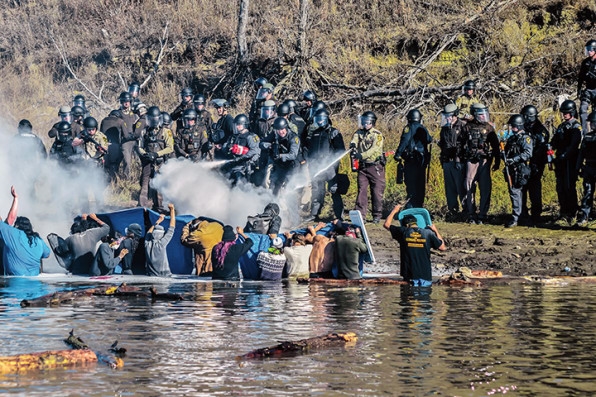
The Good Fight covers the history of the battle for social justice–spotlighting the courage displayed by African Americans and Native Americans, as well as Americans who happen to be Japanese, Jewish, Muslim, Latinx, women, LGBTQ, and disabled.
The book also features a dozen essays from award-winning authors and columnists connected to the universal struggle for justice, as well as infographics, timelines, quotes, and anecdotes from notable social justice leaders, activists, and actors. For an even deeper dive, you can download the accompanying smartphone app which unlocks over 50 related videos and music at every step of the way.
“While there is no denying that the nation has made tremendous strides in the name of liberty, we should not take too much comfort in thinking that ‘the good fight’ is a fight where right inevitably triumphs,” historian Todd Brewster writes in the book’s introduction.
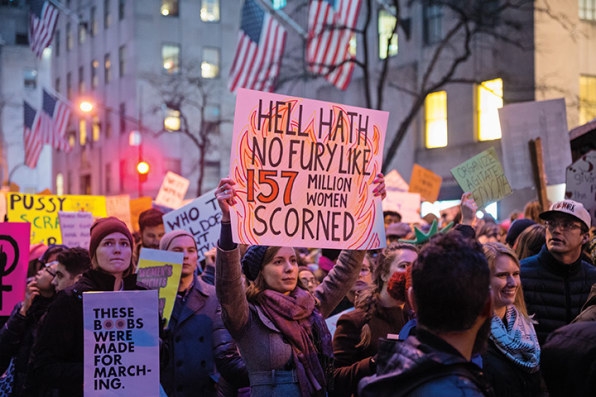
“There is, and always has been, a contradiction at the heart of our history, an incongruity between the America we aspire to be and the America we really are. You can see it in the way the nation embraces the idea of equality, even as it still brands difference as ‘other.’ You can hear it as we school the world on the blessings of liberty, even as we consistently deny those same blessings to many of our own people, or, even worse, demonize them for no better reason than that they do not look or act or think or love the way most of the rest of us do. This, too, is America.”
The Good Fight won’t likely reach the people who have made social justice warrior a pejorative term, but it’s still valuable to the rest of us, as we retrace the decades of continuous effort that’s led us to where we are today, and see, as the authors write, that “the human face of America’s sporadically violent, often triumphant, always risky struggle to fulfill the promise of freedom and equality for all” looks like the rest of us.
Fast Company , Read Full Story
(16)

